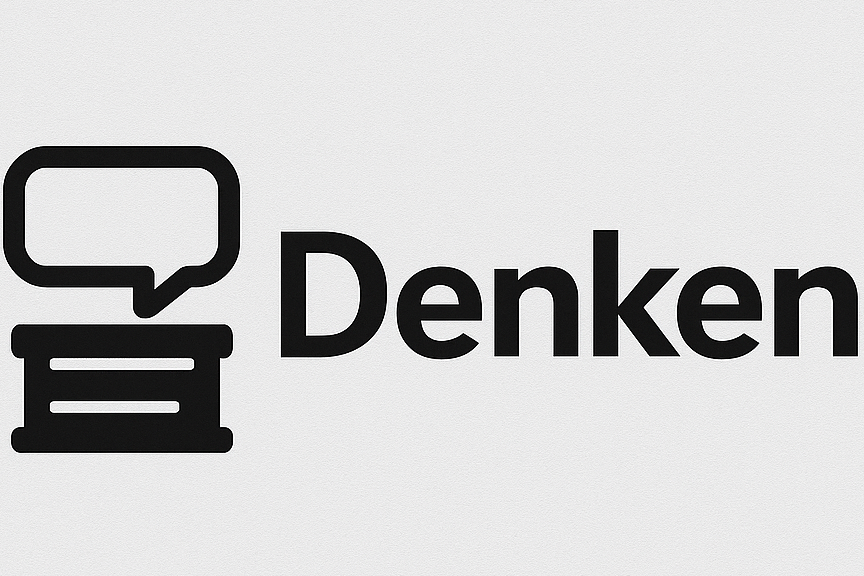For years, people told me that the best side projects or hustles come from solving a problem that you actually care about. For the longest period of time, I honestly felt like nothing truly bothered me enough to warrant the time and energy to build something around it. The Internet as it was then was just about enough. This obviously didn’t last.
As long as I could remember whenever I wanted to rant about something or unpack an opinion, the only real venues were places like Twitter or Facebook. Proper blogging felt too long-form for a quick thought or rant, and newer platforms were drifting further into more short-form, dopamine-spiking brainrot. You know the kind. The sort that exploded on TikTok and eventually found its way into Facebook and Instagram. Even YouTube.
Twitter, now X, became a kind of battleground of hyper-politicised factions that I just didn’t want any part of, and Bluesky showed promising starts but quickly found itself mirroring the same polarisation, just mirrored. Threads was an interesting idea but my feed quickly became ragebait and surface-level hot takes from people with tepid IQs.
Which is when I realised this frustration was the problem that I’d been looking for.
What I really wanted was a platform that actually curates conversation. One that presents news, makes the political leaning of each source explicit, and encourages healthy, good-faith discussion. A place that values thoughtful comments and fresh perspectives; not tagging dogpiles, clout chasing, and the weird habit of trying to one-up people based on their likes or follows.
So I decided to build it.

Denken, from the German verb denken, “to think”. A social platform built around news, context, and conversation.
Denken will let you follow and curate news from a broad and ever-growing range of sources, from major outlets to independent journalism. You’ll be able to post commentary, respond to others’ opinions, and share thoughtful discussions without the pressure cooker of person-first social media.
The business model is simple: Funding from supported news partners and independent outlets who want in on the action, and optional premium features for those who enjoy the platform.
No advertising.
No AI slop.
No reselling of data.
Just a platform built for people who still believe the Internet can be a place for thinking, not just scrolling.
I’ve got a lot to share soon, including sneak previews, some design decisions, technical breakdowns, and maybe even early access. Stay tuned and I’ll drop another update next week!